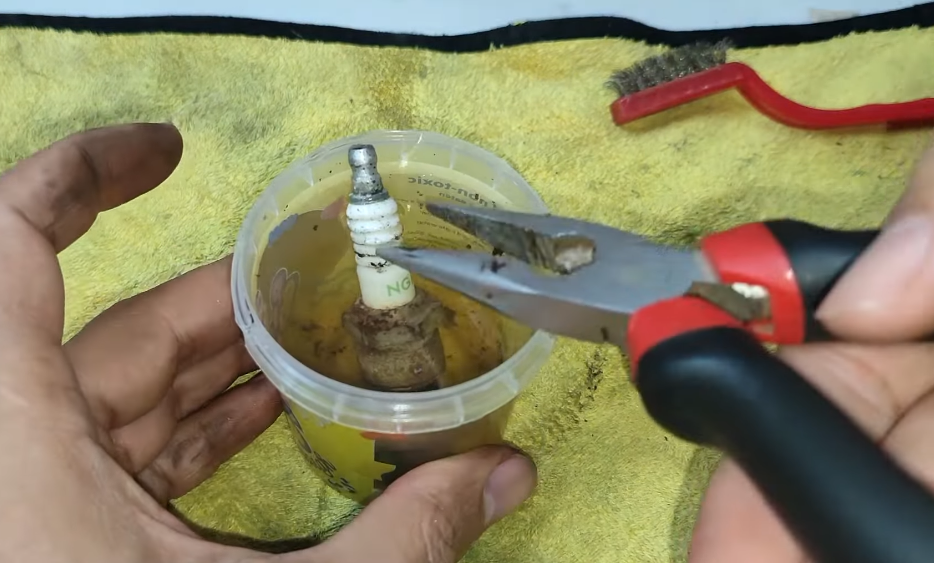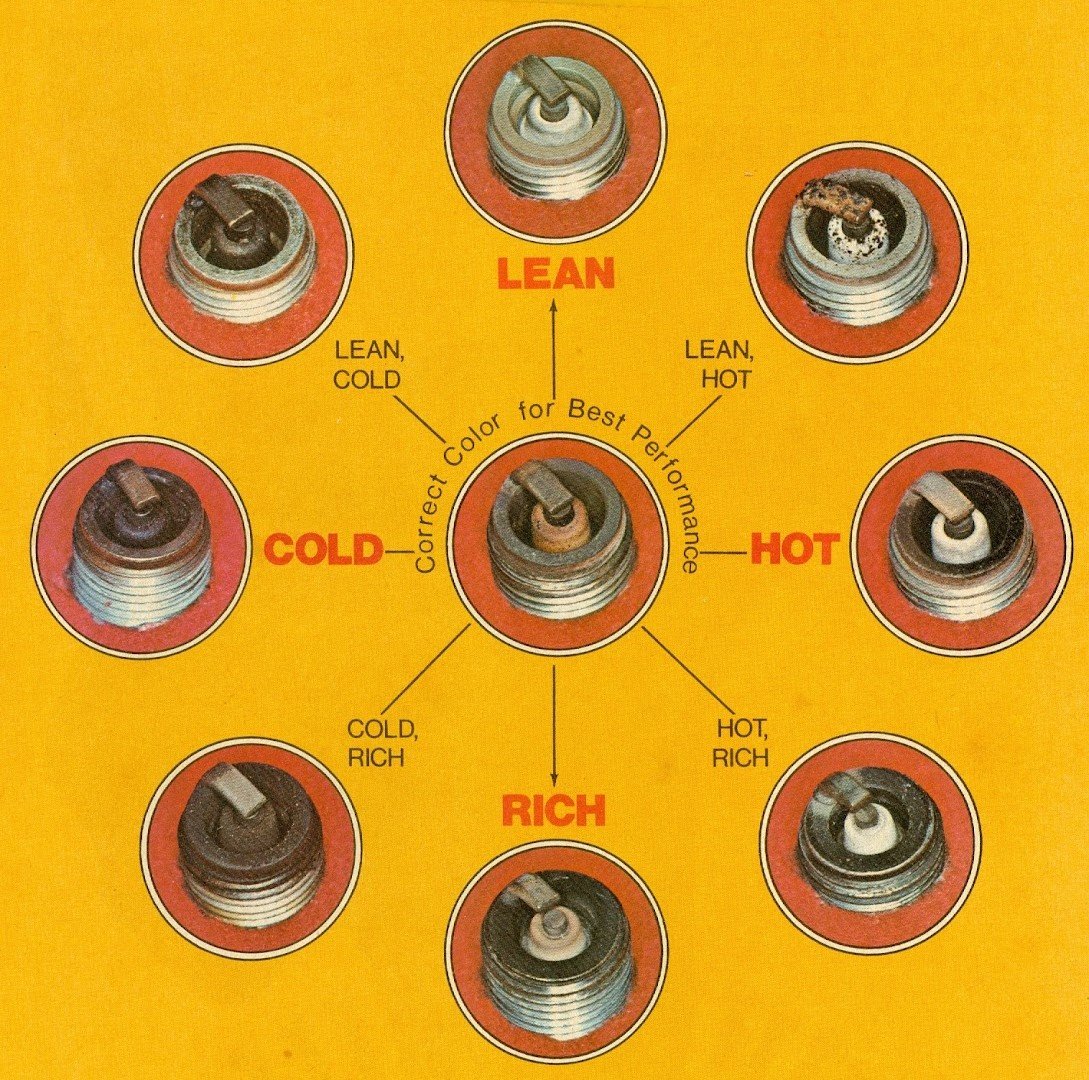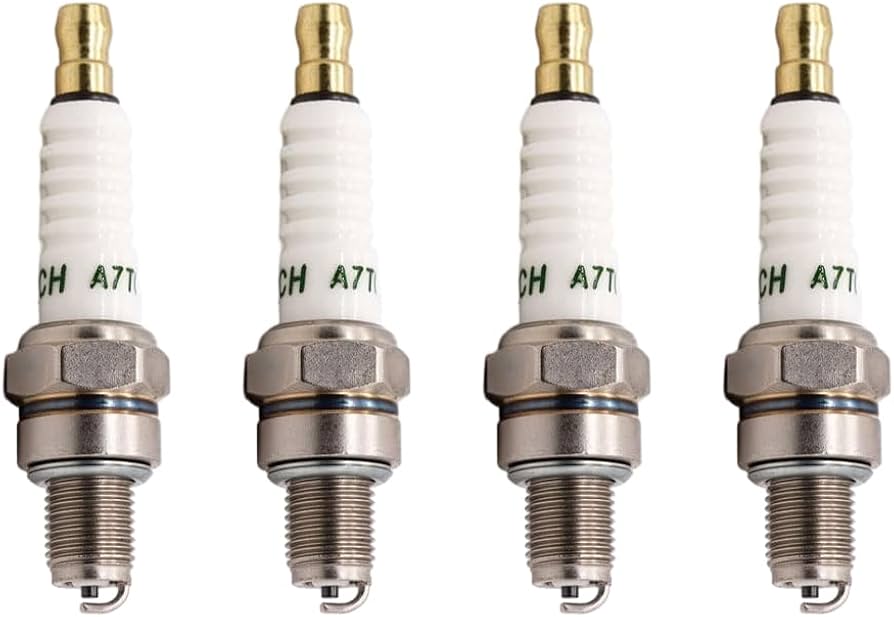Can spark plugs cause a car not to start? Yes, faulty spark plugs can prevent a car from starting. If spark plugs are worn out, fouled, or improperly gapped, they may fail to ignite the air-fuel mixture, causing the engine not to start or misfire.
Spark plugs are often overlooked when it comes to diagnosing car issues, but they play a critical role in ensuring your vehicle starts and runs properly. When spark plugs fail, they can lead to a variety of problems, including the car not starting. Knowing the connection between spark plugs and engine performance is key to diagnosing and fixing your car when it refuses to start.
In this detailed guide, we will explain how spark plugs affect your car’s ignition system and why they can prevent the vehicle from starting.
Contents
What Are Spark Plugs, and How Do They Work?
Spark plugs are small but essential components in your vehicle’s engine. Their main job is to create a spark that ignites the air-fuel mixture in the engine’s combustion chamber. This ignition starts the engine’s power cycle, enabling your car to run smoothly. Without spark plugs, the engine cannot create the necessary combustion to power the vehicle, which means it won’t start.
Here’s a breakdown of how spark plugs work:
- The Air-Fuel Mixture: The engine draws in air and fuel, which mixes together before entering the combustion chamber.
- The Spark Plug’s Role: Once the mixture enters the chamber, the spark plug ignites it, causing the explosion that powers the engine.
- Creating Power: This spark produces the energy that makes the pistons move, which ultimately turns the crankshaft and gets your car moving.
When spark plugs become faulty, their ability to ignite this mixture is compromised, making it impossible for the engine to start properly.
Can Spark Plugs Cause Car Not to Start?
Yes, spark plugs can prevent your car from starting if they fail or malfunction. The spark plugs in your car are designed to deliver an electric spark at just the right moment to ignite the fuel-air mixture. Without this spark, your engine won’t fire up, resulting in a no-start condition. Several issues with spark plugs could cause this, such as:
1. Spark Plug Wear and Tear
Over time, spark plugs naturally wear out due to the extreme heat and pressure they experience in the combustion chamber. This wear can reduce the ability of the spark plug to produce a spark strong enough to ignite the air-fuel mixture.
As the spark plug wears, it may develop an increased gap between the electrodes, which means the spark becomes weaker, or it might even fail completely. This failure could prevent your car from starting altogether.
2. Carbon Buildup
When the engine is running, small amounts of carbon can accumulate on the spark plug over time. This buildup can interfere with the plug’s ability to spark properly. It may cause poor combustion and lead to engine misfires, which can eventually cause starting problems.
3. Oil Fouling
If oil leaks into the combustion chamber, it can contaminate the spark plug. Oil fouling leads to the buildup of oil deposits on the spark plug, preventing it from generating a proper spark. This can cause the engine to misfire, run poorly, or not start at all.
4. Incorrect Spark Plug Gap
Each spark plug is designed with a specific gap between its electrodes to ensure optimal spark generation. Over time, or due to improper installation, the spark plug gap can widen or close, preventing the spark plug from working correctly. If the gap is too large, the spark may be too weak to ignite the fuel-air mixture, while a gap that is too small can cause a short in the spark.
5. Faulty Spark Plug Wiring
The wiring connected to the spark plug can also fail. If the wiring is damaged or corroded, the spark plug may not receive the necessary electrical current to generate a spark. This can prevent the engine from starting.

Signs That Spark Plugs Are Failing
Before your car completely refuses to start, you may notice some warning signs that spark plugs are failing. Here are a few common symptoms to watch for:
- Hard Starting: If your car takes longer to start than usual or requires multiple attempts, it could be a sign of faulty spark plugs.
- Rough Idling: A misfire in the spark plug may cause your car to shake or vibrate at idle. This is usually an indication that the spark plug is struggling to ignite the air-fuel mixture properly.
- Engine Misfires: If you hear a “popping” sound or the engine feels like it’s sputtering, it might be misfiring due to a bad spark plug.
- Poor Acceleration: When spark plugs are failing, the engine can lose power, leading to sluggish acceleration.
- Check Engine Light: The onboard diagnostics system may detect a problem with the spark plug and trigger the check engine light on your dashboard.
If you notice any of these signs, it’s a good idea to check your spark plugs as part of your troubleshooting process.
What Causes Spark Plug Failure?
Spark plug failure can be caused by several factors, which can lead to the problems mentioned above. The most common causes include:
- Heat Damage: Over time, spark plugs are subjected to extreme temperatures, which can cause wear and tear. If a spark plug is exposed to too much heat, it can become brittle and crack.
- Fuel Quality: Low-quality fuel can lead to carbon buildup on the spark plugs. This is especially true if the fuel contains additives or impurities that clog the spark plug.
- Engine Problems: Other engine problems, such as faulty ignition coils, poor fuel injectors, or malfunctioning sensors, can affect the performance of the spark plugs and lead to failure.
- Improper Installation: If spark plugs are not installed correctly or the gap is set incorrectly, they may not function as intended, causing the engine to misfire or fail to start.
How to Diagnose a Faulty Spark Plug
Diagnosing spark plug issues requires a few simple steps:
- Visual Inspection: If you suspect a spark plug issue, remove the spark plugs from your engine and inspect them for wear, carbon buildup, or oil contamination. You should be able to spot any obvious signs of damage.
- Spark Test: A spark test is the best way to determine if your spark plugs are firing correctly. Use a spark plug tester to check each plug individually. If the plug doesn’t produce a spark, it’s likely faulty.
- Compression Test: If your spark plugs look fine but you’re still experiencing starting issues, a compression test can help determine if there’s an underlying engine issue.
How to Prevent Spark Plug Problems
While spark plugs naturally wear over time, there are a few steps you can take to extend their lifespan and prevent problems:
- Use High-Quality Fuel: Using high-quality fuel will help prevent carbon buildup and contamination on the spark plugs.
- Regular Maintenance: Follow your vehicle’s maintenance schedule for spark plug replacement and engine inspection.
- Address Engine Issues Promptly: If your car has underlying engine issues such as oil leaks or ignition coil failure, address them promptly to avoid damage to the spark plugs.
Frequently Asked Questions
Here are some FAQs about the bad spark plug –
- How do I know if my spark plugs need to be replaced?
You’ll experience symptoms like hard starting, rough idling, engine misfires, and poor acceleration. - Can I replace spark plugs myself?
Yes, with the right tools, replacing spark plugs is a manageable task for most DIY mechanics. - How often should I replace my spark plugs?
Spark plugs should generally be replaced every 30,000 to 100,000 miles, depending on your vehicle. - What happens if I drive with faulty spark plugs?
Driving with faulty spark plugs can lead to engine misfires, reduced performance, and potentially long-term damage to the engine. - Can bad spark plugs cause engine damage?
Yes, if not replaced, bad spark plugs can cause engine misfires, which may damage other components like the catalytic converter.
Conclusion
Spark plugs are a small but important component of the car’s ignition system. Without them functioning properly, your car will struggle to start and perform. Recognizing the signs of faulty spark plugs, diagnosing the problem, and replacing them when necessary can save you time, money, and frustration.





